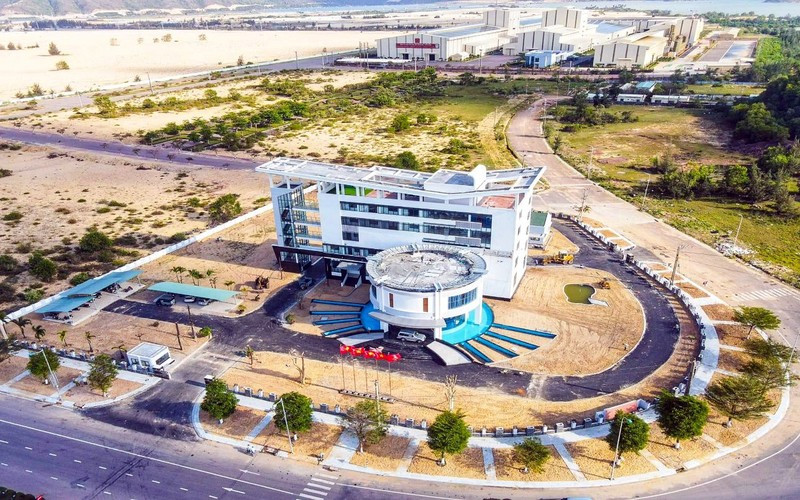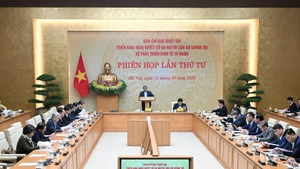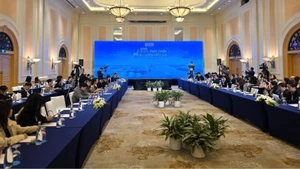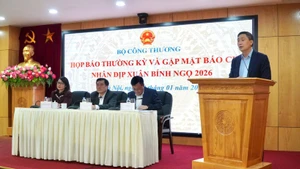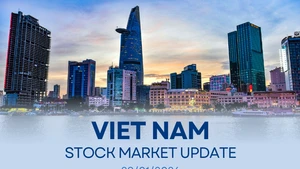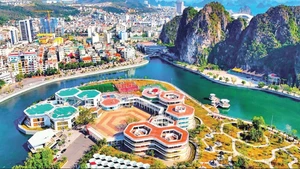Covering an area of over 6,000 square kilometres and hosting a population of 1.5 million people, Binh Dinh is situated in a strategic location on both the north-south and east-west economic corridors and the gateway to the East Sea/South China Sea for Central Highlands provinces and countries in the Mekong Subregion.
Quy Nhon Port in Binh Dinh is one of Vietnam’s ten largest seaports, with the advantages of being a well-protected and semi-enclosed port that can accommodate ships of up to 70,000 tonnes.
In recent years, by tapping into its strengths and promoting the task of attracting investment, Binh Dinh has recorded relatively decent growth, with economic output expanding by 6.2% during the 2015-2020 period. The province’s economic structure is also shifting towards greater shares in manufacturing and services. Tourism has seen strong growth towards becoming an important economic sector.
In 2022, Binh Dinh’s economy grew by an estimated 8.57%. Concerning the economic structure, agriculture accounted for 28.4%, industry and construction 29.08%, and services 38.14%.
Currently the province is working to finalise its development plan for the 2021-2030 period with a vision to 2050 as the basis to formulate plans to develop the appropriate sectors, especially the five pillars of growth: industry, tourism, port services and logistics, high-tech agriculture, and urban development.
Binh Dinh is striving to become a manufacturing, service and tourism centre of the south-central coastal region and a major centre of marine economic development, with the focus on the Nhon Hoi Marine Economic Zone. The priority will be given to high-tech and environmentally friendly manufacturing projects.
The province has also set the target of becoming a tourism hub of the country with three main pillars: marine tourism, ecotourism, and cultural tourism, in which the capital city of Quy Nhon City will be transformed into a modern cultural centre of the South Central Coastal region. The province will form tourism routes with destinations being martial arts schools, traditional craft villages, and historical and cultural sites. Binh Dinh will also develop performance venues for traditional arts and promote tourism linkage with neighbouring provinces.
With regards to regional connection, Binh Dinh will take measures to raise the effectiveness of regional economic corridors, especially the east-west corridor linking Binh Dinh with the northern Central Highlands, southern Laos, and north-eastern Cambodia, as well as to enhance the operation of the Quy Nhon Port and upgrade Phu Cat to an international airport.
According to Binh Dinh Party Secretary Ho Quoc Dung, in order to realise the set targets, the province suggests that the central government continue to perfect the legal system, especially regulations concerning the mobilisation and use of resources for development, and step up devolution to make the implementation more proactive and flexible.
The province also calls for early construction of east-west transport links to connect Binh Dinh with Central Highlands provinces in order to tap into its advantage as regional provinces’ gateway to the sea.
